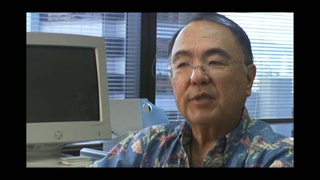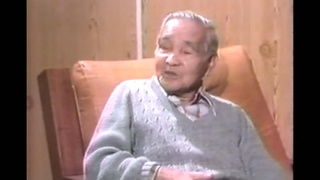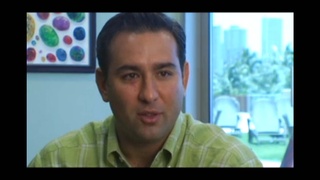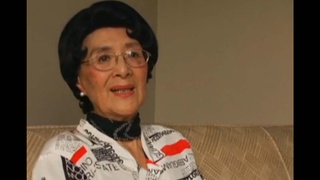Entrevistas
Entering banking business
I went and interviewed at all the biggest companies in San Francisco, they all didn’t have jobs, except, god bless them, the banks. So I got three job offers: Bank of America, Wells Fargo, and Mitsubishi bank. All three of them are still around today, which in hindsight is also pretty remarkable.
But because my uncle was into Japanese management styles, he said go work for the Japanese bank, you’re not gonna be a banker, just find out for me what it’s really like. As it turned out I was the first American management trainee hire they had made, and the best part I found out their management training program lasted ten years, what’s that all about.
But again the Japanese philosophy: if I hire you, you’re gonna work for me for your career. And if you’re gonna work for me for forty years, why wouldn’t I take ten years, train you in literally every single facet of banking, and then at the end of ten years, you know what you like, we know what you’re good at, and then we’ll figure out what you’re gonna do with the rest of your thirty years with us. It’s an incredible investment in people. No business, US business, would do that. But they did. And that’s standard practice for them. That made me very aware of investing in people. That gave me an entirely different perspective about corporate life as well. So he was right.
Data: April 25, 2018
Localização Geográfica: California, US
Entrevistado: John Esaki
País: Watase Media Arts Center, Japanese American National Museum








